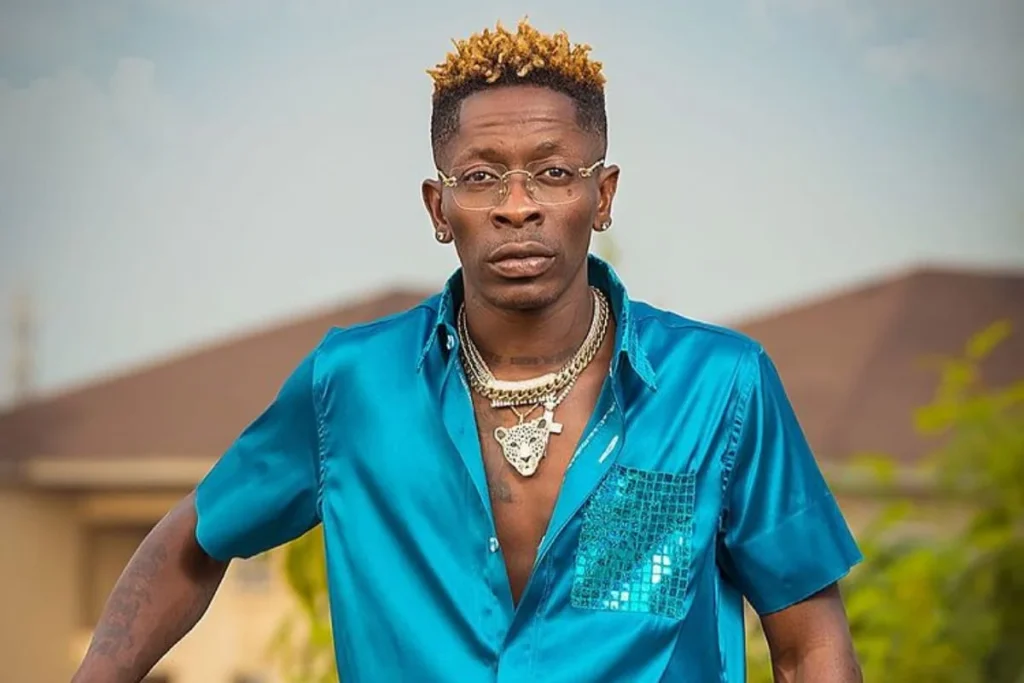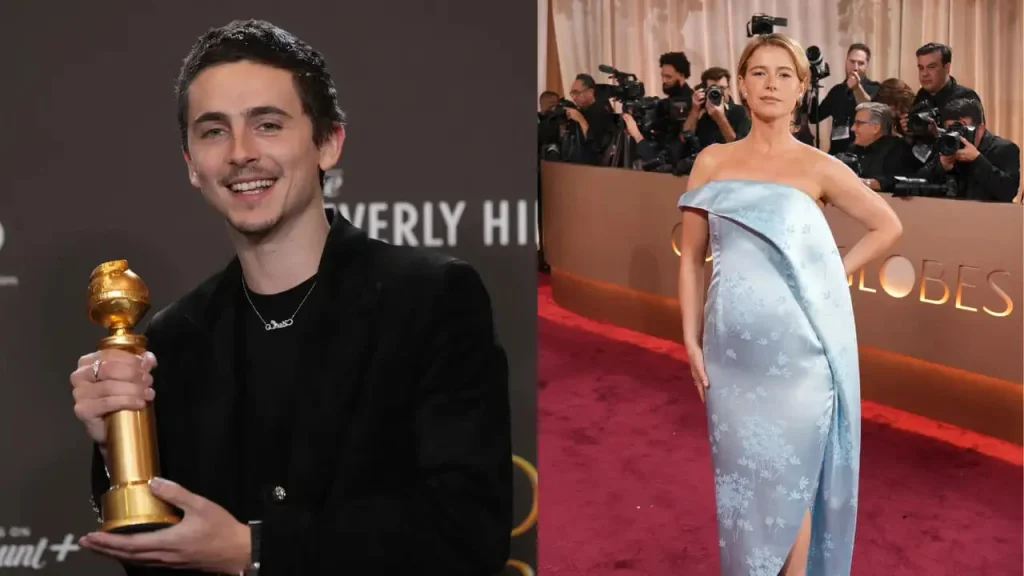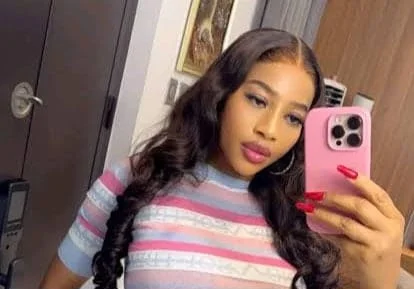On January 18, 2023, Ghanaian reggae-dancehall star Shatta Wale made headlines with a surprising shift in tone, urging his fellow Ghanaian musicians to set aside rivalries and seek collaboration with their Nigerian counterparts. In a candid tweet, the self-proclaimed Dancehall King acknowledged the strength of Nigeria’s music industry, suggesting that Ghanaian artists could benefit from its expertise and infrastructure. This marks a significant departure from his previous public disputes with Nigerian stars, sparking conversations about unity and growth in African music.
A Call to End the Rivalry
Shatta Wale’s tweet was blunt and direct, addressing the ongoing debates about musical superiority between Ghana and Nigeria. “Is better we stop arguing with Nigerian fans, promoters, etc and ask for help,” he wrote, admitting that recent Ghanaian music has not matched the quality and impact of Nigerian productions. He went as far as to call Ghana’s music scene a disgrace, emphasizing the need for humility and collaboration. “Me sef I need a record label. Shouts to Naija,” he added, signaling his openness to working with Nigerian industry players.
This statement comes after a year of high-profile feuds with Nigerian artists like Wizkid and Burna Boy, during which Shatta Wale often downplayed the influence of Nigerian music on the African stage. His change of perspective reflects a desire to move beyond unproductive arguments and focus on mutual growth.
Pushing for the Next Generation
In an interview with Accra-based Hitz FM’s Daybreak Hitz, Shatta Wale explained that his earlier conflicts with Nigerian artists were strategic, aimed at creating opportunities for Ghanaian musicians in Nigeria’s booming market. “I have created the space for many,” he stated, highlighting his efforts to pave the way for younger artists like Black Sherif and Medikal. He described Nigeria as our America, underscoring its role as a hub for African music and a gateway to global recognition.
Shatta Wale’s provocative approach, including his public spats, was intended to draw attention to Ghanaian talent and encourage cross-border collaborations. “Even when I am beefing with Nigerians, I am doing it because of the next generation,” he said, emphasizing his belief that visibility in Nigeria could elevate Ghanaian artists to new heights. His self-described sacrifice for the industry reflects a commitment to fostering opportunities, even at personal cost.
Nigeria’s Dominance in African Music
Nigeria’s music industry, driven by Afrobeats and artists like Wizkid, Burna Boy, and Davido, has gained global prominence, with its polished production and strategic marketing setting a high standard. Shatta Wale’s acknowledgment of this dominance highlights the gap in infrastructure and output between the two nations. While Ghana has a rich musical heritage, with genres like highlife and hiplife, its artists often face challenges in achieving the same global reach as their Nigerian peers.
By advocating for collaboration, Shatta Wale suggests that Ghanaian musicians can learn from Nigeria’s success in areas like digital distribution, branding, and international partnerships. His call for a record label indicates a personal desire to tap into Nigeria’s resources to enhance his own career while uplifting others.
A New Era of Unity
Shatta Wale’s remarks signal a potential turning point for Ghana-Nigeria musical relations. By moving away from rivalry and toward cooperation, he envisions a future where both industries can thrive together. His openness to seeking help from Nigerian promoters and labels could inspire other Ghanaian artists to follow suit, fostering a stronger, more interconnected African music scene.
As the Dancehall King continues to push boundaries, his latest stance encourages Ghanaian musicians to embrace humility and collaboration. The focus now shifts to how this call to action will shape the industry, potentially leading to joint projects, tours, and shared platforms that amplify African talent globally.






